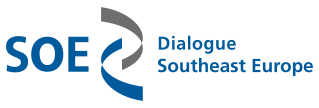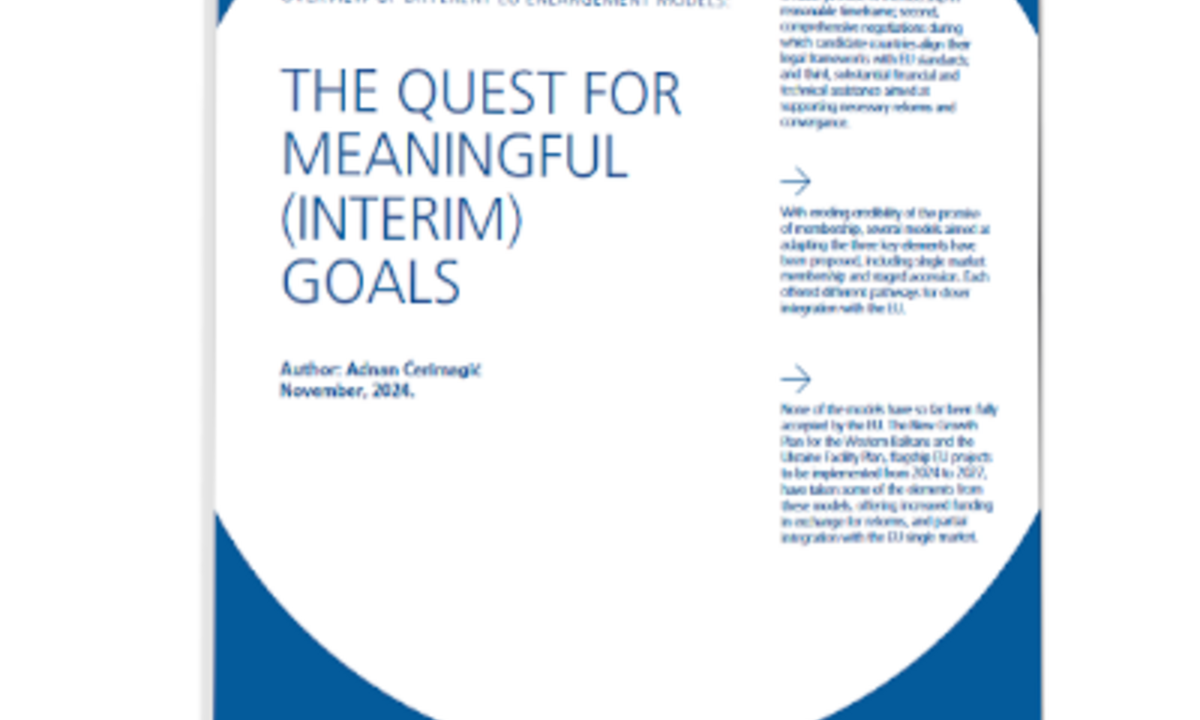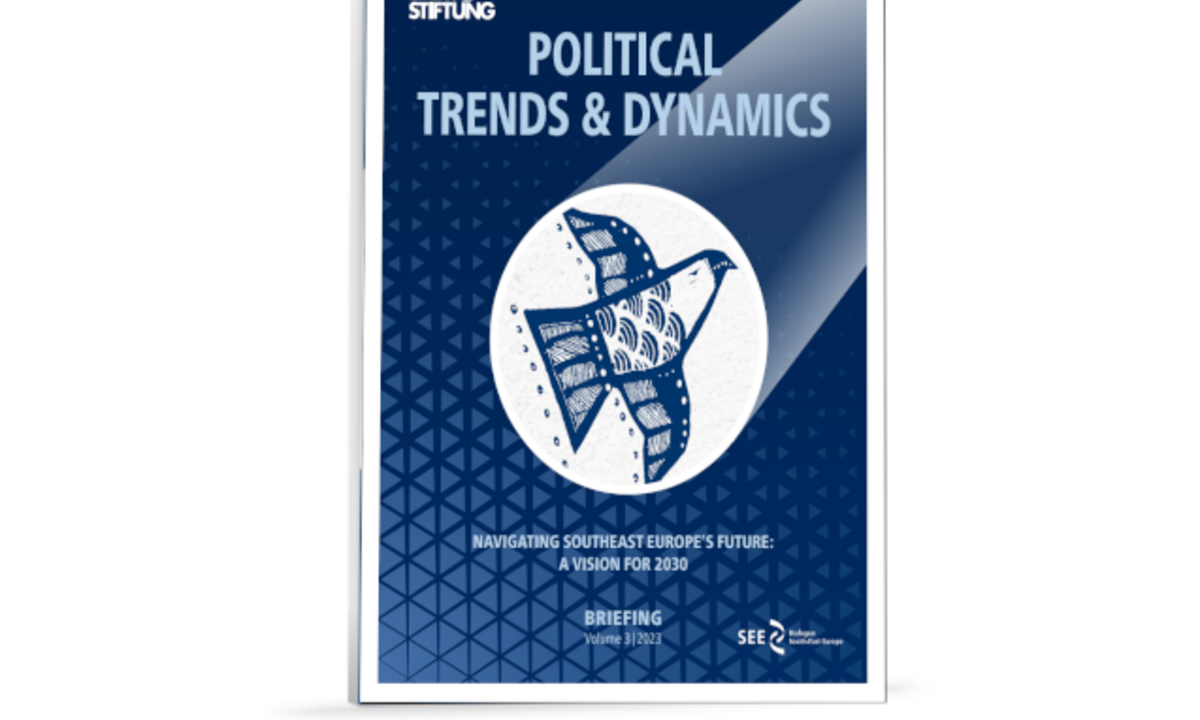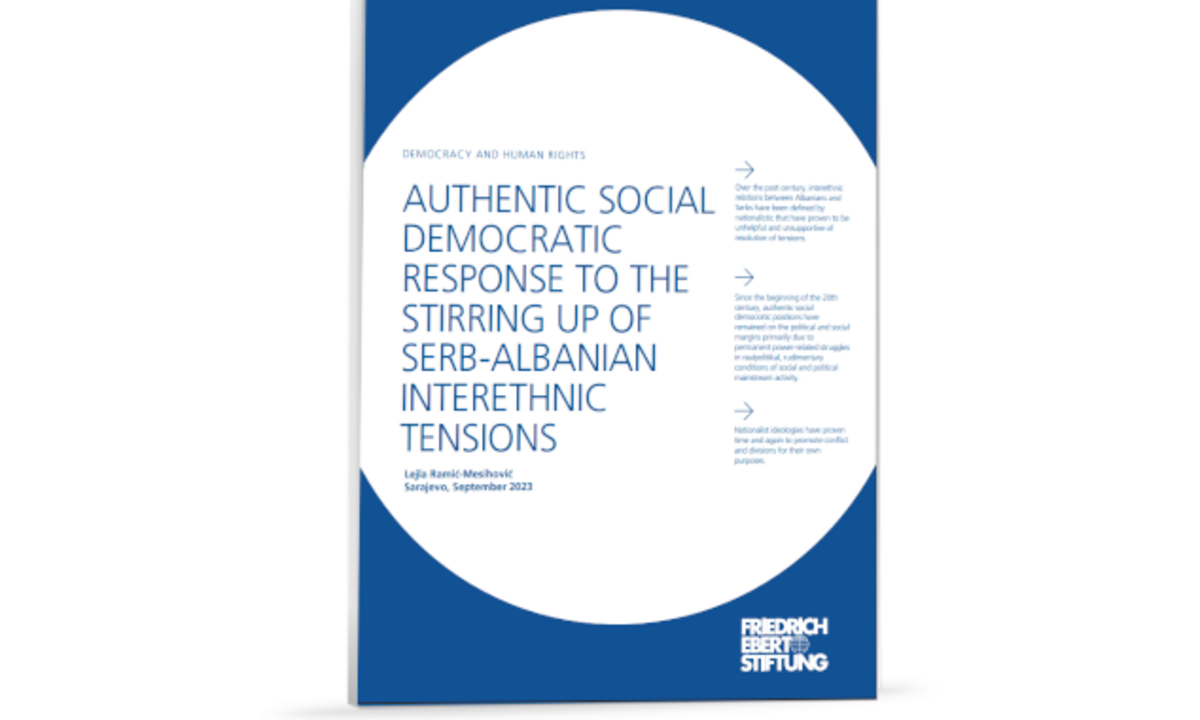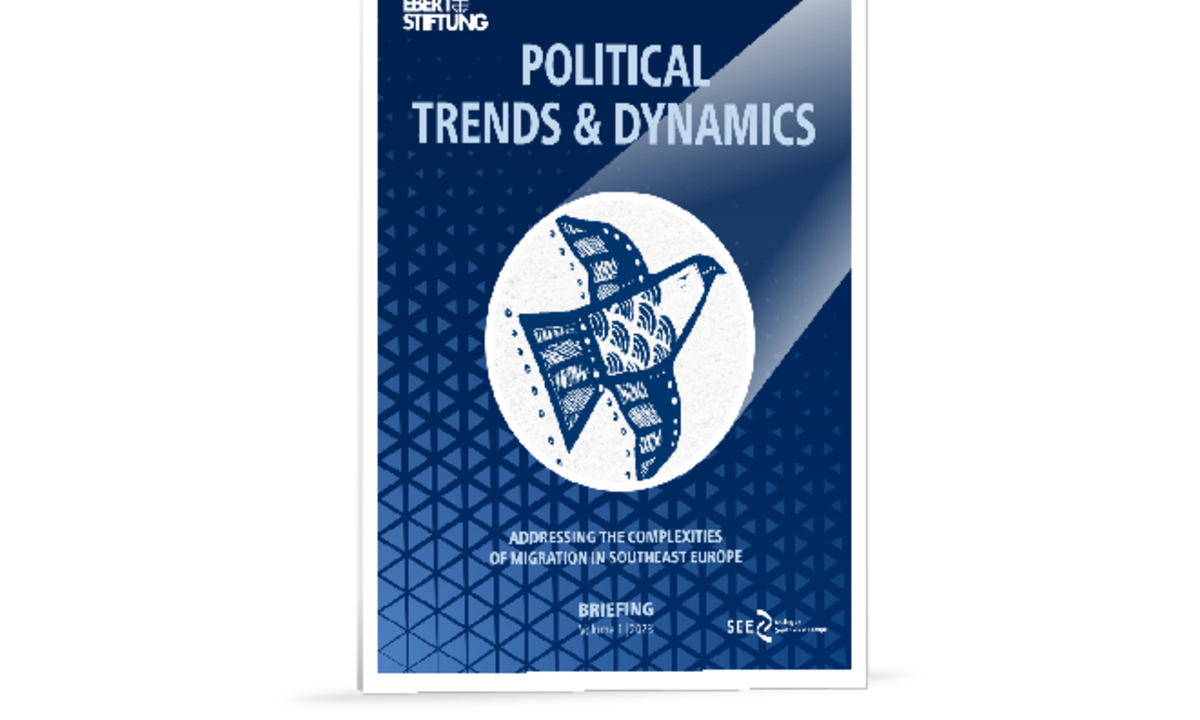Tirana Connectivity Forum 2019
This edition of the conference took stock of the Connectivity Agenda progress with a foucs on energy, transport and people-to-people components. The impact of the Agenda is becoming more visible through new infrastructure projects, but at the same time, there are new, inherent challenges of implementation. The overarching topic for the pannels in 2019 was „Weaving the Fabric of the Union“
The conference began with a side event coordinated by the Western Balkans Youth Cooperation Platform. This panel looked at the contribution of the Poznan WB Summit 2019 into youth policies and develoments in Western Balkans. The focus was on the role of the digital economy on the Balkans youth with two main concerns being education and employment.
The Connectivity Forum hosted panels on topics of energy and transport infrastructure as the spatial components. For the people-to-people component, an additional panel focused on youth exchanges and migration flows.
Prior to the panels, the forum gathered a number of renowned keynote speakers, such as Majlinda Bregu, Secretary General of the Regional Cooperation Council, David Gould as the lead economist for the East Asia and Pacific Region and Romana Vlahutin, Special Coordinator and Ambassador at Large for Connectivity (EEAS).
Apart from the conference being organized in partnership with the FES Tirana office, the FES regional office took part in the panel „People-to-people connectivity and human capital“. The input was based on the results of the FES Youth Study 2018/2019, the regional comprehensive report on youth in Southeast Europe. Data that was presented focused on quality of education, migration flows and reasons of youth for wanting to leave the region.
However, the panel concluded on a more positive note, with the agreement that migration does not have to be zero sum, and that circular migration can be beneficial for youth and the region as a whole.
For more information on education and mobility, policy recommendations and other findings on youth in Southeast Europe, please find the regional study here.
Friedrich-Ebert-Stiftung
Dialogue Southeast Europe
Kupreška 20, 71000 Sarajevo
Bosnia and Herzegovina
Team & Contact
Subscribe to our mailing list and receive our publications as soon as they are available: send us your contact info via info.soe(at)fes.de
